Iran
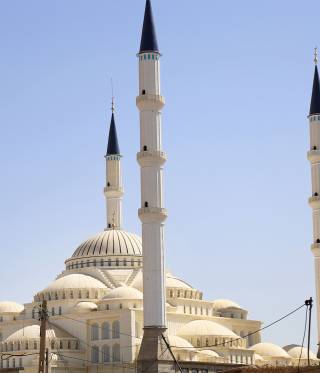
Is the Sunni community the Achilles' heel of the Islamic Republic? In the course of the protests, a religious leader from Baluchistan has a decisive role to play.

Making visible the many aspects of Middle Eastern culture that are often relegated to the background: this is the mantra of Sahar and Forough Sodoudi, twin sisters from Iran. A visit to ‘Dr&Dr’ - a food lab, political and cultural project.
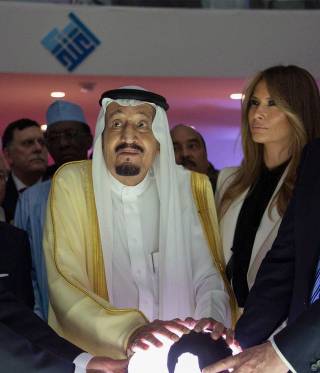
Donald Trump will leave the White House, but the alliance of autocrats in the Middle East with the far right in the West is here to stay.
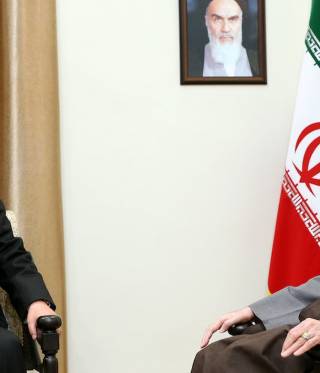
The announcement of a strategic partnership agreement with Iran highlights China’s ultimate will to take a more assertive geopolitical role, even if this poses a direct challenge to US policies.
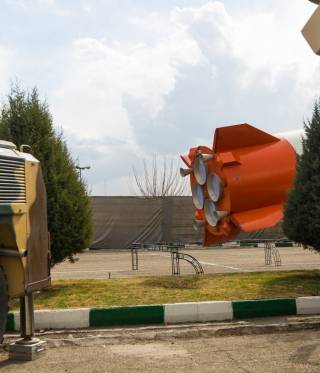
The White House arguments to trigger a snapback mechanism were rejected by UN officials and other parties to the JCPOA. A group of Iranian hardliner MPs endorsed them. But why?

Iran and China seek to deepen their ties. A move that flaunts the two countries’ willingness to back each other against the US pressure. Looking closer, a long-term overarching relation might be much harder to establish.

Syria expert Bassma Kodmani explains the recent conflict between Assad and his cousin Makhlouf – and calls on Europe to take advantage of Russia’s discontent with the Syrian regime.
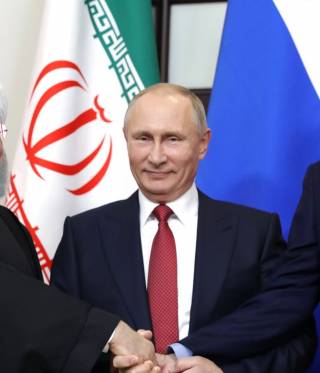
Semi-authoritarian regimes throughout the Middle East are looking for ways to combine the fight against coronavirus, populism and crisis management – and to weaken their opponents. To that end, Iran and Turkey are treading a similar path.